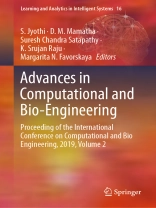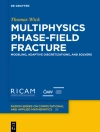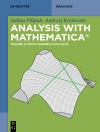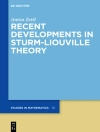This book gathers state-of-the-art research in computational engineering and bioengineering to facilitate knowledge exchange between various scientific communities. Computational engineering (CE) is a relatively new discipline that addresses the development and application of computational models and simulations often coupled with high-performance computing to solve complex physical problems arising in engineering analysis and design in the context of natural phenomena. Bioengineering (BE) is an important aspect of computational biology, which aims to develop and use efficient algorithms, data structures, and visualization and communication tools to model biological systems. Today, engineering approaches are essential for biologists, enabling them to analyse complex physiological processes, as well as for the pharmaceutical industry to support drug discovery and development programmes.
表中的内容
Chapter 1: Cloud Computing: A Study On Type of Data Stored in a Cloud and Its Security Mechanisms.- Chapter 2: Smart bag using electromagnetic zipping.- Chapter 3: Analysis on Various Feature Extraction Methods for Medical Image Classification.- Chapter 4: Prediction of Pest Generations based on Future Climate using Big Data Mining.- Chapter 5: Optimizing TCP Congestion Control Techniques for Wireless Sensor Network Architectures.- Chapter 6: Comparative In-silico studies for theolecular basis of lepidopteran insect pests Bio-control using insect’s own enzymes.- Chapter 7: Collaborative Cloud Computing for Resour Sharing Platform in Multiple Clouds.- Chapter 8: Deep Learning of Paradigms: The Outlook.- Chapter 9: Applications of Network Analysis in Bioinformatics.- Chapter 10: Identification of Clinical Variants Present in Skin Melanoma Using Exome Sequencing Data.












